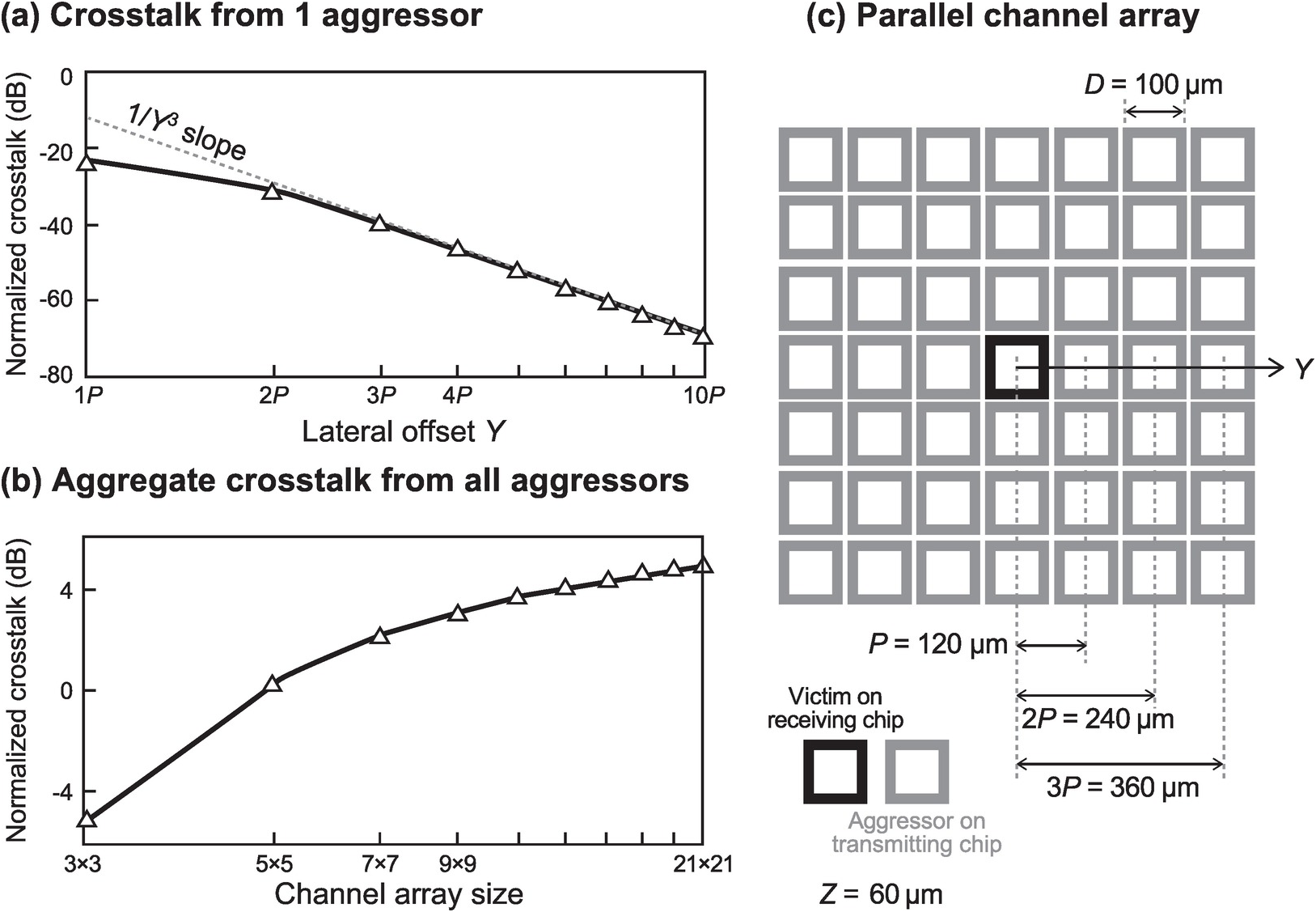

Using a low stringency (p 1.4) and a high stringency (p 1.5) filter, the resulting gene sets of 185 and 55, respectively, showed clear separation of cases and controls by PCA as well as 100% classification accuracy by SVM, indicating that the gene profiles can separate patients from controls. Seven significant genes found by microarray were validated by PCR. Significant genes were subjected to gene ontology, principal component analysis and SVM classification. Differential expression was determined by using a combination of moderated t-test p-value and fold change (FC). This study characterizes the transcriptional profile in whole blood of 11 patients with ciguatera-induced CIRS and 11 normal controls run in duplicate using Agilent one color whole genome microarrays. There are few treatment options for ciguatera CIRS since little is known about its pathophysiology. Symptoms of ciguatera CIRS include fatigue, cognitive deficits, neurologic deficits, pain and sensitivity to light. It is estimated that up to 500,000 people annually experience acute ciguatera poisoning from consuming toxic fish and a small percentage of these victims will develop a chronic, multisymptom, multisystem illness, which can last years, termed a Chronic Inflammatory Response Syndrome (CIRS). Ciguatoxins (CTXs) are polyether marine neurotoxins found in multiple reef-fish species and are potent activators of voltage-gated sodium channels.


 0 kommentar(er)
0 kommentar(er)
